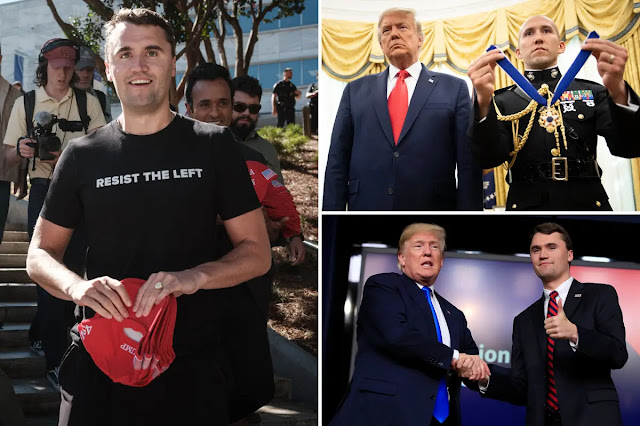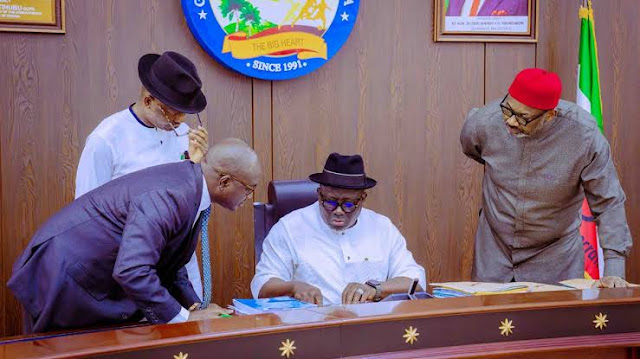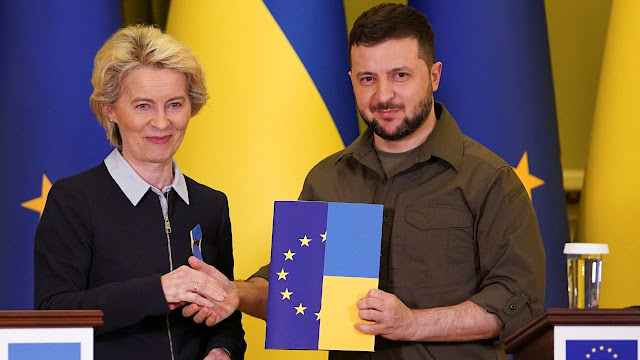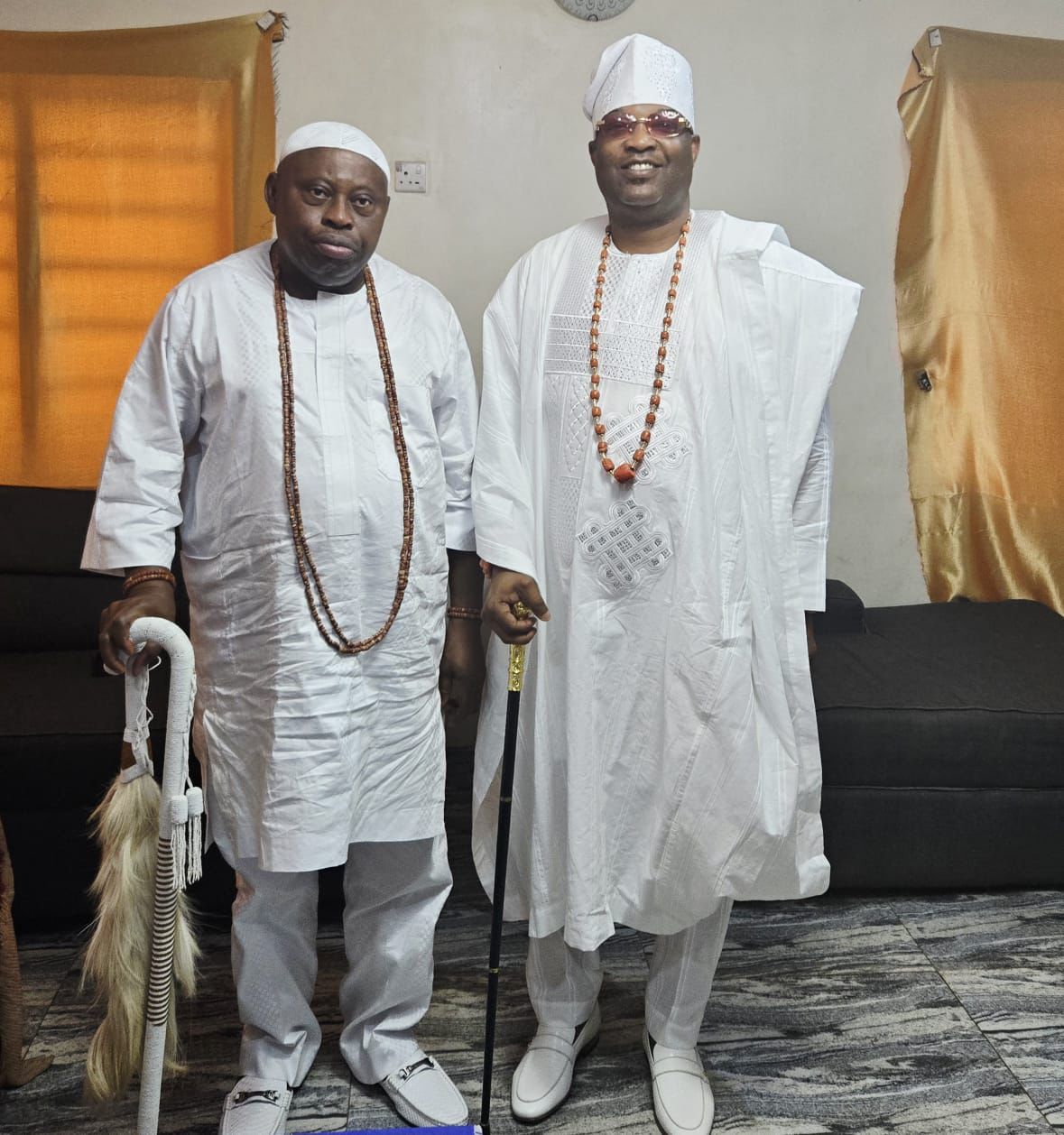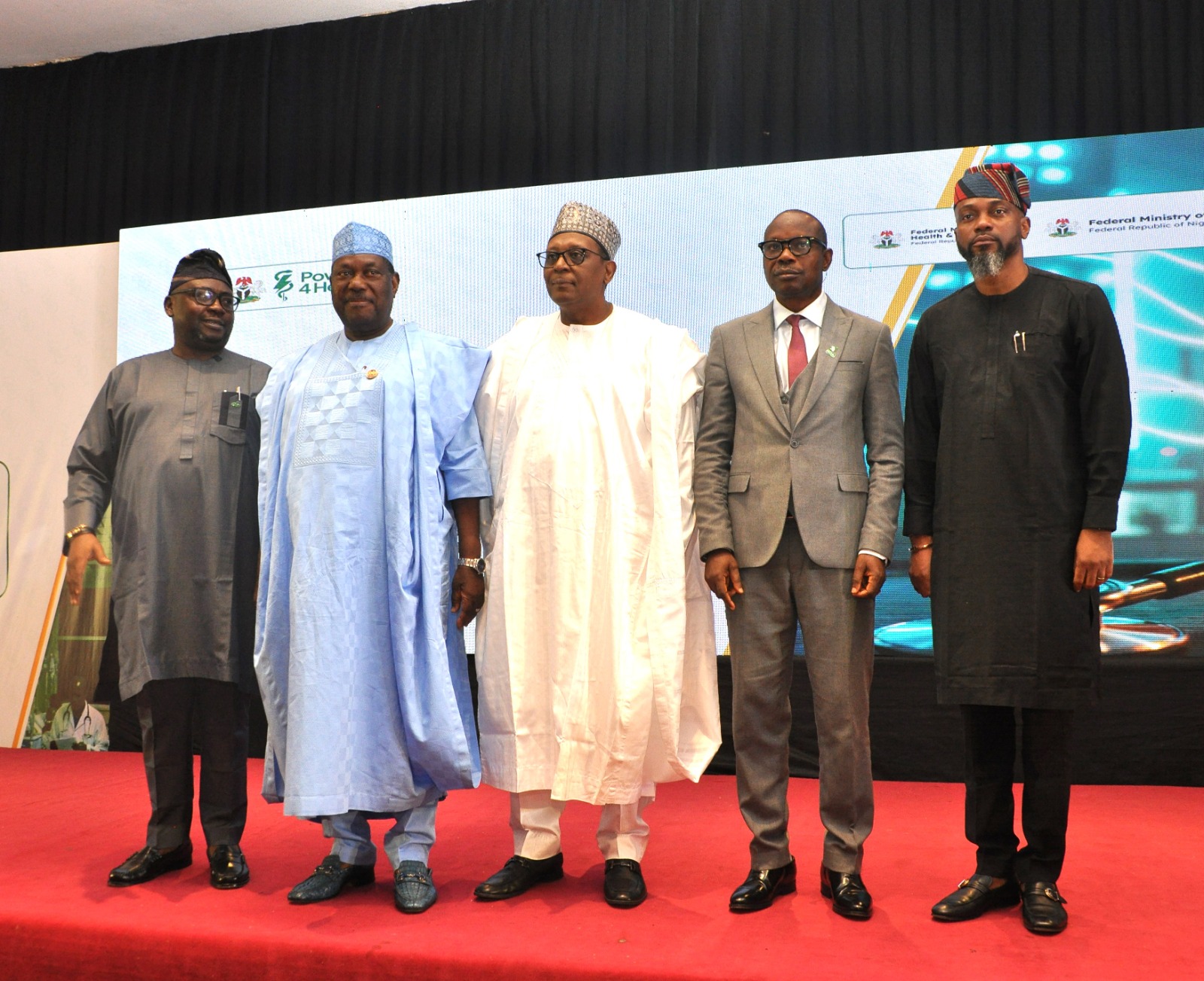The Announcement That Echoed Across the Nation
On a crisp autumn morning in Washington, D.C., as the leaves began to turn shades of amber and gold, the White House press room buzzed with anticipation. It was Thursday, September 11, 2025—a date laden with historical weight, marking the 24th anniversary of one of the darkest days in American history. Yet, in a moment of profound contrast, President Donald J. Trump stepped to the podium, his signature red tie straight and his demeanor resolute, to deliver news that would honor a life cut tragically short. The slain conservative activist Charlie Kirk, founder of Turning Point USA and a tireless voice for American conservatism, would be awarded the Presidential Medal of Freedom posthumously. Trump’s voice, steady and emphatic, rang out: “Charlie Kirk was a giant of his generation—a warrior for freedom, truth, and the American way. He fought against the radical left with unmatched passion, and his legacy will inspire generations to come.”
The announcement sent ripples through the political landscape, igniting discussions on social media, cable news, and in the halls of Congress. For many on the right, it was a fitting tribute to a man who had become synonymous with youth mobilization in conservative circles. For others, it underscored the deep divisions in American society, where heroes and villains are often defined by one’s ideological lens. As the details of Kirk’s life, his untimely death, and the significance of this honor unfolded in the days that followed, the story became more than just a presidential proclamation—it transformed into a narrative about resilience, ideology, and the enduring fight for what many see as the soul of the nation.
To fully appreciate the weight of this moment, one must delve into the extraordinary life of Charlie Kirk. Born on October 14, 1993, in the suburbs of Chicago, Illinois, Kirk grew up in a middle-class family that instilled in him the values of hard work, patriotism, and skepticism toward government overreach. From a young age, he exhibited a precocious interest in politics. While his high school peers were more concerned with prom dates and college applications, Kirk was devouring books on economics by Milton Friedman and histories of the American founding fathers. He skipped college altogether—a decision that would later become a hallmark of his persona, allowing him to position himself as an everyman voice against the “ivory tower” elites.
At just 18 years old, in 2012, Kirk co-founded Turning Point USA (TPUSA) with fellow activist William Montgomery. The organization was born out of frustration with what Kirk perceived as the liberal bias rampant on college campuses. TPUSA’s mission was straightforward yet ambitious: to identify, educate, train, and organize students to promote the principles of freedom, free markets, and limited government. Under Kirk’s leadership, the group exploded in popularity. What started as a handful of chapters quickly grew into a nationwide network, boasting thousands of student activists across all 50 states. Kirk’s charisma, coupled with his ability to connect with young people through social media and high-energy events, made him a rising star in conservative politics.
Kirk’s early successes were not without controversy. Critics accused TPUSA of fostering a culture of intolerance, pointing to instances where campus chapters were accused of doxxing liberal professors or promoting divisive rhetoric. Kirk, however, always defended his organization vigorously, arguing that it was essential to counter the “indoctrination” he saw in higher education. “Colleges are turning our kids into socialists,” he often said in interviews, a refrain that resonated with parents and donors alike. By 2016, TPUSA had become a key player in the Republican ecosystem, helping to mobilize young voters for Trump’s presidential campaign. Kirk’s close ties to the Trump inner circle were evident; he frequently appeared at rallies, and Trump himself praised him as “a smart guy” during a 2016 event in Florida.
As the years progressed, Kirk’s influence expanded far beyond campuses. He launched “The Charlie Kirk Show,” a daily radio and podcast program syndicated across the country, where he dissected current events with a blend of sharp analysis and unapologetic conservatism. Listeners tuned in for his takes on everything from border security to cultural wars, often delivered with a fiery intensity that mirrored Trump’s own style. The show quickly climbed the charts, rivaling established conservative voices like Sean Hannity and Mark Levin. Kirk also became a fixture on Fox News, CNN, and even international outlets, where he debated opponents with a confidence that belied his youth.
But Kirk’s activism wasn’t confined to media. He spearheaded massive events like the “Student Action Summit,” annual gatherings that drew thousands of young conservatives for workshops, speeches, and networking. These summits became breeding grounds for future GOP leaders, with attendees going on to staff campaigns, intern at think tanks, and even run for office. Kirk’s emphasis on grassroots organizing paid dividends; during the 2020 election cycle, TPUSA claimed credit for registering over 200,000 new voters and turning out youth support in key battleground states. Even in defeat, Kirk refused to concede ground, alleging widespread irregularities and vowing to “fight on” for election integrity—a stance that aligned him even closer with Trump’s post-2020 narrative.
By the early 2020s, Kirk had evolved into a multifaceted conservative powerhouse. He authored best-selling books, including “Campus Battlefield” and “The MAGA Doctrine,” which outlined his vision for reclaiming America from progressive influences. His marriage to Erika Frantzve, a fellow conservative influencer, in 2021, further humanized him, as the couple shared glimpses of their life on social media, blending family values with political advocacy. Kirk’s net worth, estimated in the tens of millions by 2025, came from speaking fees, book sales, and TPUSA’s fundraising prowess, which topped $100 million annually. Yet, he often portrayed himself as an underdog, battling “Big Tech censorship” and “cancel culture” at every turn.
Tragedy struck on July 15, 2025, in a manner that shocked the nation and the world. Kirk, then 31 years old, was attending a TPUSA event in Phoenix, Arizona—a state he had long championed as a conservative stronghold. The gathering was a routine affair: a panel discussion on Second Amendment rights, followed by a meet-and-greet. As Kirk stepped off the stage to sign autographs, a gunman emerged from the crowd, firing multiple shots at close range. Eyewitnesses described chaos: screams, people diving for cover, and security personnel tackling the assailant. Kirk was rushed to a nearby hospital but succumbed to his injuries en route. The shooter, identified as 28-year-old Marcus Hale, a disillusioned former college student with ties to far-left activist groups, was subdued on the spot and later charged with first-degree murder and terrorism-related offenses.
The motive, as pieced together from Hale’s online manifestos and social media posts, was ideological hatred. Hale had ranted against Kirk’s “fascist rhetoric” and accused him of inciting division. In the hours following the shooting, #JusticeForCharlie trended worldwide, while counter-hashtags like #KirkHadItComing emerged from progressive corners. President Trump, then in his second term after a stunning 2024 comeback, issued an immediate statement from the Oval Office: “Charlie was a great American patriot. This evil act will not stand. We will hunt down the radicals who did this.” The FBI launched a full investigation, uncovering Hale’s connections to antifa networks and a history of mental health issues exacerbated by online radicalization.
The nation mourned. Vigils sprang up on college campuses, from the University of Arizona to Harvard, where students—conservative and otherwise—lit candles and shared stories of Kirk’s impact. World leaders, including former British Prime Minister Boris Johnson and Israeli President Isaac Herzog, offered condolences, recognizing Kirk’s global influence through TPUSA’s international chapters. In Congress, bipartisan resolutions condemned the violence, though partisan sniping soon followed. House Speaker Mike Johnson (R-LA) called for stricter hate crime laws, while Senate Minority Leader Chuck Schumer (D-NY) urged a national dialogue on political rhetoric.
Two months later, on September 11, 2025, Trump’s announcement elevated the tragedy to a national symbol. The Presidential Medal of Freedom, established by President John F. Kennedy in 1963, is the nation’s highest civilian honor. It has been bestowed upon luminaries like Martin Luther King Jr., Oprah Winfrey, and Supreme Court Justice Ruth Bader Ginsburg—individuals whose contributions transcend politics. Trump, who awarded 25 medals during his first term (including to allies like Rush Limbaugh and Bill Belichick), framed Kirk’s as a recognition of “his fight against the woke mob that threatens our freedoms.” The ceremony is scheduled for October 14, Kirk’s birthday, at the White House, where his family, TPUSA colleagues, and conservative dignitaries will attend.
The selection process for the Medal of Freedom is opaque, handled directly by the president without formal nominations. Trump’s choice of Kirk drew immediate praise from the right. Elon Musk tweeted, “Charlie was a freedom fighter. Honored to have known him.” Tucker Carlson, on his show, dedicated an entire segment to Kirk’s “prophetic warnings” about cultural decay. Ben Shapiro, Kirk’s longtime friend and podcast collaborator, choked up during a Daily Wire episode, saying, “He was the brother I never had. This medal is well-deserved, but nothing can replace him.”
Critics, however, were scathing. The New York Times editorial board decried it as “partisan canonization,” arguing that Kirk’s divisive tactics didn’t merit such bipartisan prestige. The Washington Post ran a piece questioning TPUSA’s finances, alleging misuse of funds for personal gain—claims Kirk had long dismissed as smears. Progressive activists, still raw from the shooting’s aftermath, protested outside the White House, chanting that the honor glorified “hate speech.” Even some moderate Republicans, like former Governor Chris Christie, suggested it politicized a sacred award, potentially alienating independents.
Yet, the backlash only amplified the story’s reach. Pundits dissected Kirk’s legacy in exhaustive detail. On one hand, he was hailed as a master organizer who empowered a generation disillusioned by progressive dominance in academia. TPUSA’s data showed a 300% increase in conservative student groups since 2012, and Kirk’s efforts were credited with shifting youth voting patterns toward the GOP in 2024. His anti-woke campaigns, targeting issues like critical race theory and gender ideology in schools, mobilized parents and donors, funneling millions into Republican coffers.
On the other hand, detractors painted Kirk as a provocateur whose rhetoric fueled polarization. Incidents like the 2018 “Professor Watchlist,” where TPUSA exposed “biased” educators, led to harassment claims and lawsuits. Kirk’s support for Trump’s election challenges in 2020 drew accusations of undermining democracy. His stance on immigration—”Build the wall, deport them all”—was seen by some as xenophobic, though supporters viewed it as commonsense security.
Delving deeper into Kirk’s personal life reveals a man driven by conviction. Raised in Prospect Heights, Illinois, by his father, Robert, a small business owner, and mother, Cindy, a homemaker, Kirk attended Wheeling High School, where he excelled in debate and soccer. His political awakening came during Barack Obama’s 2008 campaign; as a teenager, he volunteered for John McCain, witnessing what he called the “media’s love affair with socialism.” This experience fueled his disdain for mainstream narratives.
Post-high school, Kirk’s rapid ascent was meteoric. By 2013, TPUSA had secured seed funding from conservative donors like Foster Friess. Kirk’s speaking style—energetic, meme-savvy, and unfiltered—resonated with millennials. He often quipped, “I’m not here to win debates; I’m here to win hearts.” His 2016 book “Time for a Turning Point” became a blueprint for campus conservatism, selling over 100,000 copies.
The 2020s brought Kirk’s prime. He advised Trump’s 2024 campaign, focusing on Gen Z outreach. TPUSA’s “Chase the Vote” initiative targeted non-college voters, registering tens of thousands in swing states. Kirk’s podcast hit 1 million daily downloads, featuring guests from Candace Owens to JD Vance. His marriage to Erika produced two children, and the family often vacationed in Florida, where Kirk dreamed of building a conservative “utopia” retreat.
The shooting’s investigation revealed broader threats. Hale had been radicalized via Discord servers and Reddit forums, echoing concerns about online extremism. Law enforcement uncovered plots against other conservatives, prompting Trump to sign an executive order enhancing protections for political figures. Mental health experts weighed in, noting how echo chambers amplify grievances into violence.
As the medal ceremony approaches, reflections on Kirk’s impact abound. Allies remember his mentorship: young activists credit him with launching careers. Critics acknowledge his organizational genius, even if they disagree with his message. In death, Kirk unites in tragedy what he divided in life—reminding America of the high stakes in ideological battles.
Trump’s words—”a giant of his generation”—encapsulate this duality. Kirk wasn’t flawless; he was human, passionate, flawed. But in awarding him the Medal of Freedom, the president signals that fighting for one’s beliefs, however controversial, is a noble pursuit. As the nation grapples with grief and division, Kirk’s story serves as a cautionary tale and rallying cry. In an era of cancel culture and violence, his posthumous honor affirms that voices like his, though silenced, echo eternally.
The ceremony will feature eulogies from Trump’s VP, perhaps Vance, and Kirk’s widow. Performances by country stars like Lee Greenwood, who sang at Trump’s inaugurations, are rumored. Broadcast live, it could draw millions, rivaling state funerals.
Beyond the event, Kirk’s death has policy ripple effects. Bipartisan bills for campus free speech protections gain traction, inspired by TPUSA’s work. Conservative fundraising surges, with TPUSA launching a “Kirk Legacy Fund” for scholarships.
Internationally, the award highlights America’s cultural exports. TPUSA’s chapters in Europe and Latin America continue Kirk’s mission, combating “globalism.” Figures like Hungary’s Viktor Orbán praise him as a “model for the right.”
Critically, the honor prompts soul-searching. Does the Medal of Freedom risk becoming partisan? Past recipients spanned ideologies, but Trump’s choices lean right. Still, precedents exist—Reagan awarded it to allies too.
Kirk’s final tweet, hours before the shooting, read: “Freedom isn’t free. Fight on.” It’s a mantra that now defines him. As October 14 nears, America pauses to honor a giant whose life, though brief, left an indelible mark.
In the broader context of 2025, this announcement comes amid Trump’s second-term agenda: border security, economic revival, and cultural pushback. Kirk’s medal fits neatly, symbolizing the administration’s commitment to conservative warriors.
Family tributes pour in. His parents, devastated, speak of his kindness off-stage—coaching little league, family barbecues. Erika vows to carry the torch, leading TPUSA forward.
Media coverage is wall-to-wall. Documentaries on Kirk’s life are in production; books recount his rise. Social media memes immortalize his quips, keeping his spirit alive.
Ultimately, this honor transcends politics. It’s about recognizing courage in the face of adversity. Charlie Kirk, slain but unbowed, receives the nation’s gratitude—a giant indeed.
Expanding on Kirk’s Early Influences and Formative Years
To truly understand Charlie Kirk’s trajectory, one must rewind to his childhood in the affluent yet unpretentious suburbs of Chicago. Prospect Heights was a typical American enclave: tree-lined streets, community parks, and a mix of blue-collar and white-collar families. Kirk’s father, Robert, ran a modest accounting firm, teaching his son the virtues of fiscal responsibility from a young age. “Dad always said, ‘Pay yourself first,'” Kirk recalled in a 2019 interview. His mother, Cindy, volunteered at local churches, instilling a sense of community service. The family attended a nondenominational Christian church, where Kirk absorbed lessons of personal accountability and moral clarity—values that would later underpin his political worldview.
School was where Kirk’s fire ignited. At Wheeling High School, he joined the debate club, excelling in mock trials and public speaking. His first political memory was the 2000 election recount, which he watched with fascination as his parents discussed Bush vs. Gore. By middle school, he was reading voraciously: Ayn Rand’s “Atlas Shrugged” at 13, Barry Goldwater’s “The Conscience of a Conservative” by 15. Teachers noted his intensity; one recalled, “Charlie didn’t just argue; he evangelized.”
His senior year, 2011-2012, coincided with Obama’s reelection campaign. Volunteering for Mitt Romney, Kirk canvassed neighborhoods, knocking on doors in the cold Illinois wind. The defeat stung, but it crystallized his mission: the right needed to engage youth, not just preach to the choir. “I saw kids my age wearing Obama shirts like fashion statements,” he said. “We had to fight back.”
Founding TPUSA was a bold leap. With $30,000 from family friends, Kirk and Montgomery rented a small office in Phoenix—chosen for its growing conservative scene. The name “Turning Point” evoked pivotal moments in history, like the American Revolution. Early chapters at Arizona State University focused on free-market seminars, drawing crowds with free pizza and guest speakers like Herman Cain.
Growth was exponential. By 2014, TPUSA had 500 chapters, funded by donors impressed by Kirk’s hustle. He traveled nonstop, sleeping on couches, building relationships. Controversies arose early: a 2013 event at UCLA led to accusations of Islamophobia after a speaker criticized Sharia law. Kirk defended it as “free speech,” suing the university for censorship—a case that set precedents for campus rights.
Kirk’s Media Empire and Cultural Influence
By 2016, Kirk was a media darling. His Daily Caller columns went viral, and his Fox News appearances honed his debating skills. “The Charlie Kirk Show” debuted in 2019 on Salem Radio, quickly syndicating to 200 stations. Episodes blended news with caller interactions, Kirk’s laugh booming through airwaves. Peak listenership hit during 2020 lockdowns, when he railed against “tyrannical governors.”
Podcasting amplified his reach. On “The Charlie Kirk Show” podcast, he interviewed Trump multiple times, discussing everything from COVID policies to January 6. Collaborations with Shapiro’s “The Ben Shapiro Show” created “crossover episodes” that drew millions. Kirk’s YouTube channel, with short clips and live streams, amassed 2 million subscribers by 2025, despite deplatforming attempts.
Books cemented his thought leadership. “Campus Battlefield” (2018) exposed “liberal bias,” citing surveys showing 12:1 Democrat-to-Republican professor ratios. It sold 250,000 copies, praised by Ann Coulter. “The MAGA Doctrine” (2022) outlined Trump’s vision through a youth lens, advocating school choice and tech deregulation. Kirk’s writing was accessible, peppered with anecdotes—like debating a socialist professor over pizza.
Culturally, Kirk championed “anti-woke” causes. He opposed Disney’s “woke” films, boycotted Nike for Kaepernick ads, and led campaigns against drag queen story hours. His “No Kings” initiative mocked monarchy symbolism in media, tying it to American exceptionalism. These stances made him a hero to parents, but a villain to LGBTQ+ advocates, who accused him of bigotry. Kirk countered, “I’m for liberty, not license.”
The 2024 Election and Kirk’s Pivotal Role
Trump’s 2024 victory owed much to Kirk. TPUSA’s “Youth Vote Force” registered 500,000 under-30s, focusing on Hispanics and working-class youth. Kirk barnstormed swing states: Pennsylvania town halls, Georgia phone banks, Michigan rallies. His message: “Biden’s America is chaos; Trump’s is opportunity.”
Post-election, Kirk advised on cabinet picks, pushing for education reformers. His influence peaked, but so did threats. In 2023, he survived a doxxing scandal; in 2024, a stalker was arrested near his home.
The Tragic Shooting: A Detailed Account
July 15, 2025, started ordinarily. The Phoenix event at the convention center drew 5,000. Kirk spoke on gun rights, quoting the Second Amendment. Post-speech, as he mingled, Hale—wearing a hoodie—approached. Security footage shows three shots; Kirk clutched his chest, collapsing. Medics arrived in minutes, but internal bleeding proved fatal.
Hale’s background: a dropout from UC Berkeley, radicalized after 2020 protests. His manifesto railed against “MAGA terrorists.” Captured after a struggle, he faces life without parole.
The aftermath was harrowing. Erika identified the body; children, too young to grasp, asked for daddy. TPUSA canceled events; donors pledged $50 million for security.
Political Ramifications and the Medal’s Broader Implications
Trump’s announcement on 9/11 was symbolic—freedom over terror. The medal, a blue ribbon with stars, will be presented to Erika. Past posthumous recipients like King highlight its gravity.
Reactions vary. Conservatives celebrate; liberals decry. Polls show 55% approval among Republicans, 20% overall.
Policy-wise, it spurs action: the “Kirk Act” for activist protections advances. TPUSA, under interim leadership, vows expansion.
Legacy: Beyond the Medal
Kirk’s death at 31 mirrors Alex P. Keaton’s fictional zeal, but real. His foundation will fund conservative education; a biopic is rumored.
In conclusion, Trump’s honor immortalizes Kirk as a giant—a fighter whose life, though ended violently, illuminates the path for freedom’s defenders. America, divided yet resilient, honors him today.


